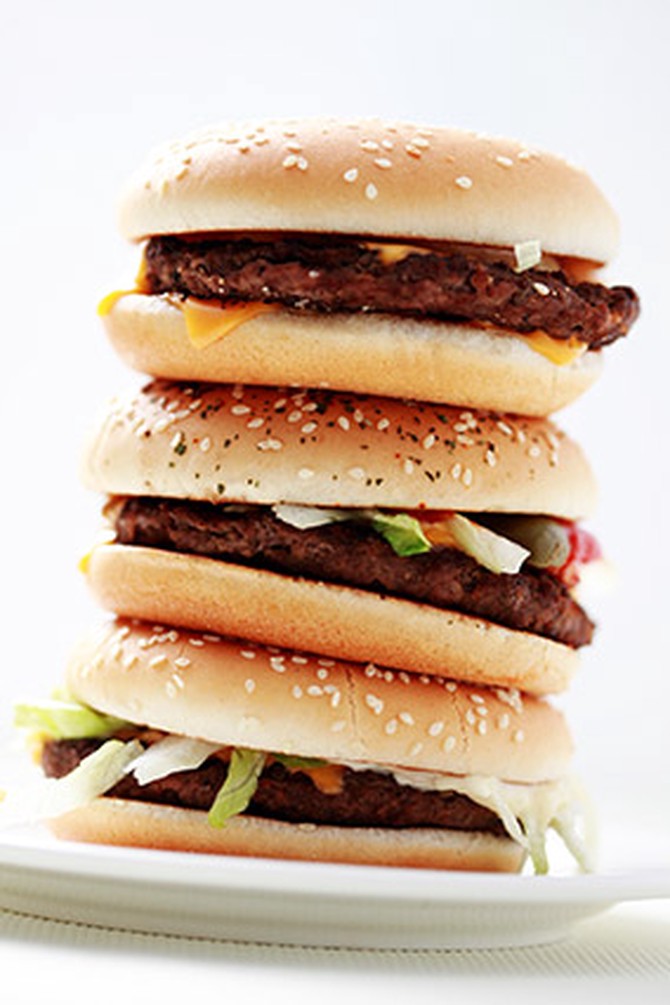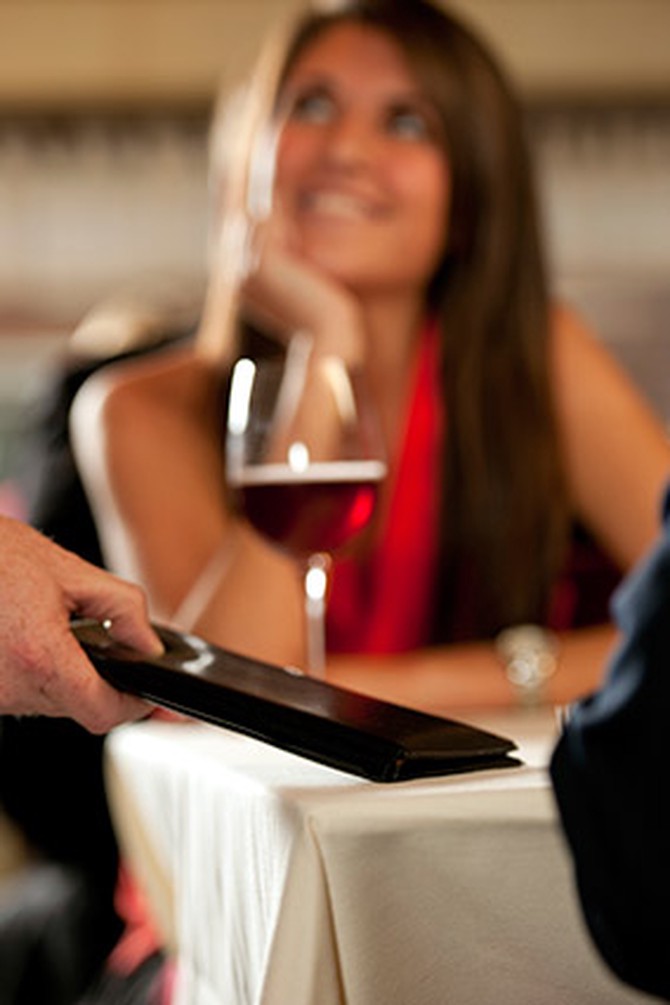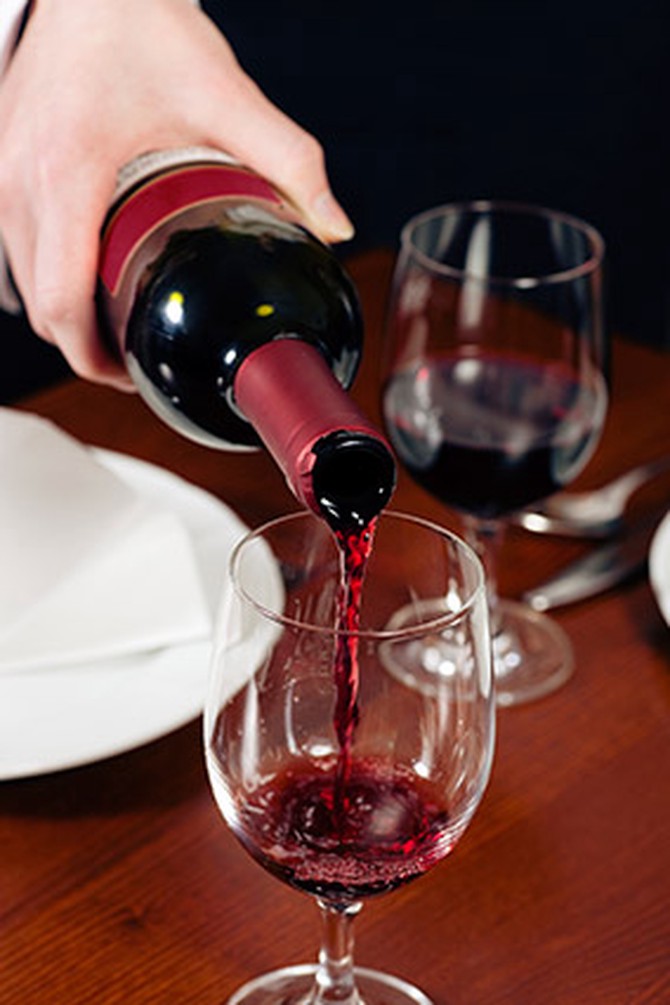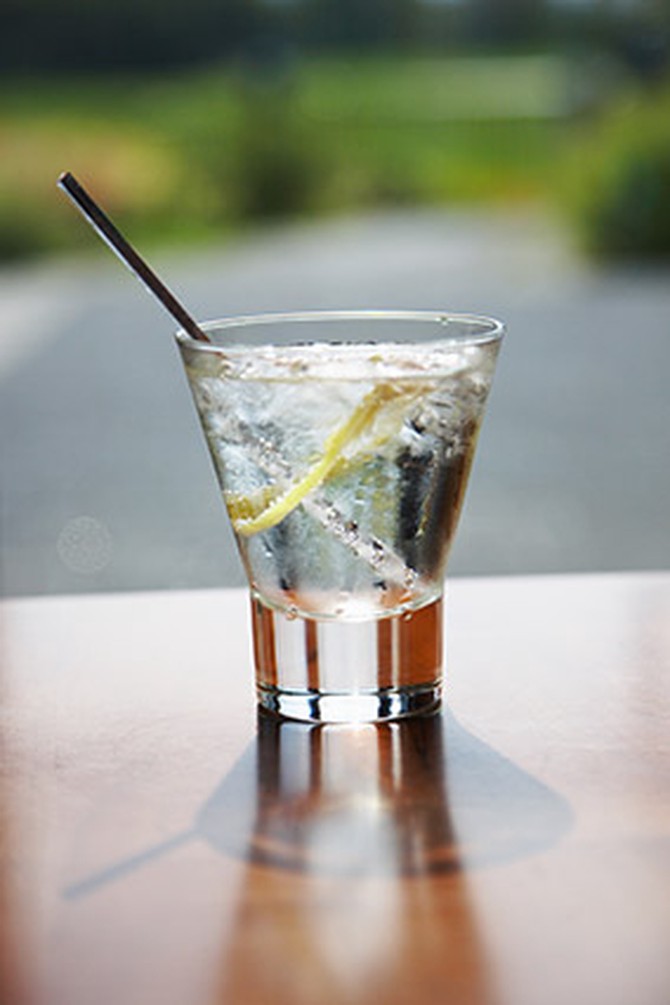The 5 Things You're Doing Wrong at Restaurants
We've found some surprising ways to avoid sticker shock when the check arrives—and still have a terrific meal.
By Lynn Andriani

Photo: Thinkstock
You're Making a Reservation on the Phone
Even great restaurants have empty tables sometimes, and while you might be able to snag one by calling at 5:00 on the evening you want to eat, online services like Savored and OpenTable do a fine job of searching for availability—plus, they reward you with a discount. If you use Groupon-owned Savored, for instance, which currently lists restaurants in 10 cities and is adding more soon, you could pay 30 percent less for food (and drinks, too) if you want to dine that night at 8 p.m., and up to 40 percent if you're willing to eat at 6 p.m. (bonus: no coupons necessary).

Photo: Thinkstock
You're Walking in Hungry
You've heard it's not wise to go grocery shopping when you're famished—and it turns out that advice applies to dining out, too. Aaron Allen, a restaurant consultant who has advised clients including The Cheesecake Factory and TGI Fridays, says over-ordering is a common mistake among the ravenous. Two ways to avoid this pitfall: have a small snack before you leave home, or split an appetizer, which will leave you plenty of room for your entrée (and save you some money, too—especially since appetizers are some of the most high-margin items on the menu).

Photo: Thinkstock
You're Hoodwinked by a Smiley Face
Allen sees tip inflation growing at an even higher rate than food inflation: It used to be that a gratuity of 10 percent was acceptable and the norm; then it went to 12 percent, because customers wanted to show that they weren't just satisfied—they were impressed. This cycle continued, and now the typical amount is 20 percent, with some restaurants even suggesting 22 percent and higher at the bottom of the bill. Obviously, there are times when a very generous tip is appropriate (and it's still true that most servers make below minimum wage, so they really do depend on the extra cash). But base your tip on the service itself, says Allen—not on what a restaurant "suggests." And beware tactics like the smiley face (one study found that people tip 18 percent more when a waitress draws one on the check).

Photo: Thinkstock
You're Drinking the House Wine
Although it sounds like a bargain, "house wine" is usually the worst value on a restaurant's list (unless, that is, you're dining in a quaint Italian village). Allen says the markup on these bottles—which can be domestic or imported—is often very high, since restaurants know they're an easy sell. Instead, consider the imported wine section of the menu—these bottles used to cost much more than American ones but have become much more reasonable. Chilean varieties, in particular, are a great deal; Allen finds many restaurants are responding to customers' increased interest in Malbecs with great deals. (And, as always, consider ordering a bottle if your group is going to drink more than four glasses.)

Photo: Thinkstock
You're Ordering the Wrong Vodka
Allen has noticed that if he orders a vodka tonic, a waiter will often ask, "'Would you like Grey Goose or Belvedere?'—as if those are the only two choices." The truth is, if you're having a mixed drink, you don't necessarily need a premium spirit, and having your drink made with whatever is in the well—bartender-speak for 'non-fancy liquor'—is an easy way to lower your drinks bill. The well (also called the house pour) might be Absolut or Smirnoff, which are both perfectly fine mixed with tonic or juice but cost about two-thirds less.
Next: 8 pricey foods to stop buying (and what to buy instead)
Next: 8 pricey foods to stop buying (and what to buy instead)
Published 03/28/2013

